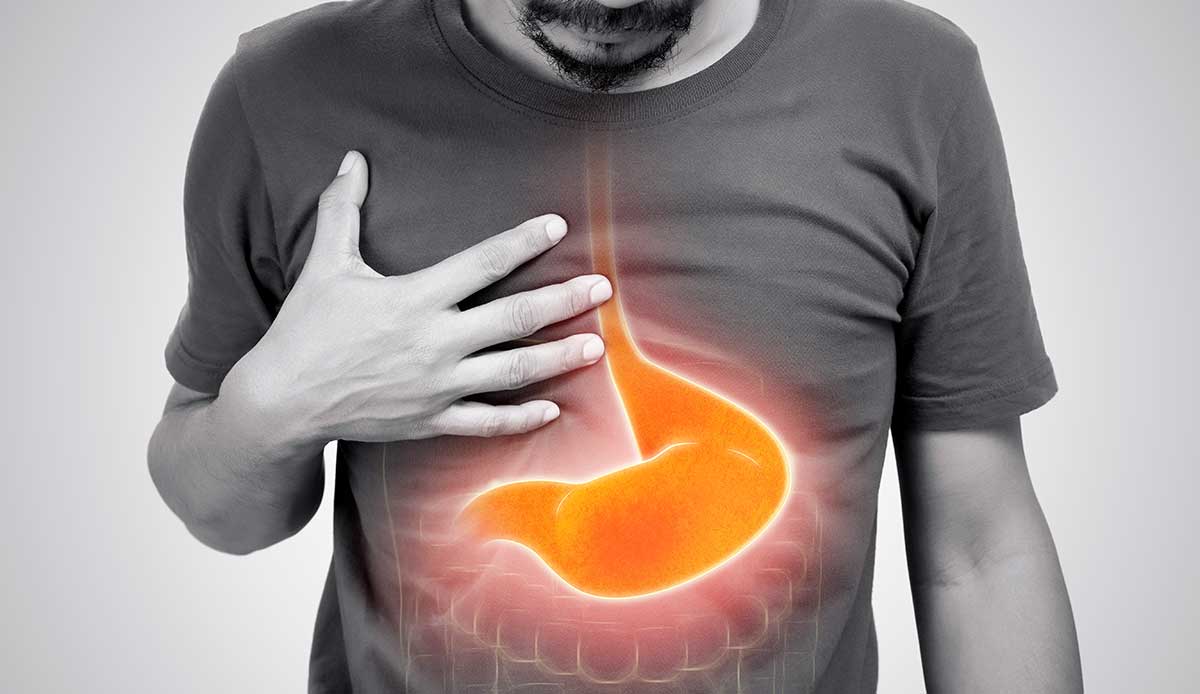
Urinary tract infections (UTIs) are a common condition that can affect anyone, regardless of age or gender. There are different types of UTI but the two most common UTIs are bladder infection (cystitis) and kidney infection (pyelonephritis).
Causes of UTI
Urinary tract infections (UTIs) occur when bacteria, such as Escherichia coli commonly known as E. coli, enter the urinary tract and multiply, leading to inflammation and infection. Other common causes include Klebsiella pneumoniae, Proteus mirabilis, Enterococcus faecalis and Staphylococcus saprophyticus.
UTIs can be uncomfortable, painful, and even dangerous if left untreated. In severe cases, they can lead to kidney damage and other complications.
Here are the 8 common causes of urinary tract infections.
- Sex
- Constipation
- Uncontrolled Diabetes
- Holding Urine
- Dehydration
- Birth Control
- Feminine Products
- Kidney Stones
Knowing when to seek medical attention for a UTI is important for getting prompt treatment and avoiding more serious health issues.
We will discuss the signs and symptoms of a UTI, when to go to the emergency room (ER) for a UTI, and what to expect during a visit to the ER.
Symptoms of a UTI
The symptoms of a UTI can vary depending on the severity of the infection and the individual’s age and sex.
In general, the most common symptoms of a UTI include:
- Pain or burning during urination
- Frequent urination
- Urgent need to urinate
- Lower abdominal pain or pressure
- Cloudy, strong-smelling urine
- Blood in the urine
- Fever and chills (in severe cases)
Some people may also experience back pain or nausea and vomiting, particularly if the infection has spread to the kidneys.
In older adults, the symptoms of a UTI may be less obvious or may present differently than in younger individuals. For example, older adults may experience confusion, agitation, or other changes in mental status, rather than the typical urinary symptoms.
When to go to the ER for a UTI
Most UTIs can be treated with antibiotics prescribed by a healthcare provider.
However, in some cases, a UTI can become a medical emergency and require urgent care in the ER.
Here are some signs that you should go to the ER for a UTI:
1. Severe Pain or Discomfort
If you are experiencing severe pain or discomfort in your lower abdomen, pelvic area, or back, it may be a sign that the infection has spread to your kidneys. Kidney infections, also known as pyelonephritis, can be serious and require immediate medical attention. Symptoms of a kidney infection may include fever, chills, nausea, vomiting, and flank pain.
2. High Fever or Chills
A high fever, typically defined as a temperature of 101°F or higher, can be a sign that the infection has spread beyond the urinary tract and into other parts of the body.
Chills, or the sensation of feeling cold despite having a fever, may also be a sign of a severe infection. If you are experiencing a high fever or chills, it is important to seek medical attention as soon as possible.
3. Difficulty Urinating
If you are having difficulty urinating, such as feeling the need to urinate but being unable to, or experiencing pain or burning when trying to urinate, it may be a sign of a blockage in the urinary tract. This can be caused by a stone or other obstruction and can lead to a severe infection if not treated promptly.
4. Blood in the Urine
If you notice blood in your urine, it is important to seek medical attention right away. While it can be a sign of a UTI, it can also be a sign of a more serious condition, such as kidney stones, bladder cancer, or a kidney infection.
It is important to have a healthcare provider evaluate the cause of the bleeding and determine the appropriate course of treatment.
5. Recurrent UTIs
If you have recurrent UTIs, meaning you experience two or more infections within a six-month period or three or more infections within a year, it may be a sign of an underlying medical condition, such as a kidney stone or an abnormality in the urinary tract.
If you believe you have a Urinary tract infections (UTIs), visit one of our emergency rooms in Texas for proper diagnosis and treatment of your urinary tract infections.







